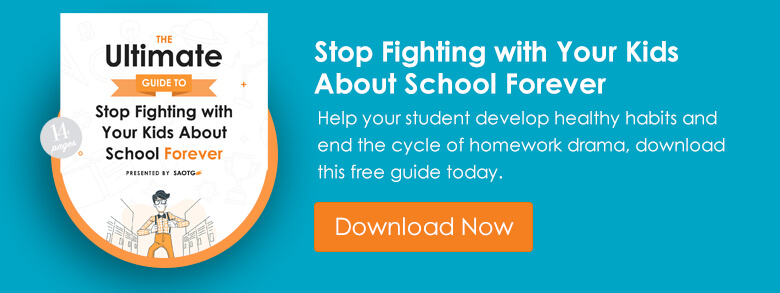Teenagers are experiencing many “firsts” in life. Parents may notice their child has become more interested in time with friends, staying up later, or testing limits. Understanding the inner-workings of the brain allows us to structure our responses to support students.
Most of our decisions are made in the limbic region, the emotional region of the brain. Located in the limbic system is the amygdala, a very important player in our day-to-day life. The amygdala is like a radar for all of our experiences, and once activated it sends a message to the hypothalamus. The hypothalamus maintains the body’s internal balance by releasing hormones, maintaining physiological cycles, controlling hunger, regulating emotions, and more. Interestingly, the hypothalamus is highly responsive to music, emotions, and food.
The amygdala helps us make quick decisions and its primary goal is to find comfort. The prefrontal cortex, the executive control center, is the more rational region of the brain, and the part we like to believe that we use to make most of our decisions! However, the emotional side of our brain often overlaps with the more rational side of our brain. This circuitry is unique to the individual with the expression inherited from our parents and is created in the early years of life.
While the foundations are laid in the first few years of life, adolescents experience a great change in neural pathways where new connections are being made while other connections are pruned away. During the teenage years, the limbic system is still underdeveloped and is not yet well connected to the frontal lobe. The frontal lobe, which is responsible for regulating emotions, memory, social connections, impulses, and planning becomes a dominant player around the age of 25 when the connections are (hopefully) more established.
When looking at other species, humans have a significantly longer childhood. This creates an impressionable window for us to develop into full-functioning adults. The more rational side of our brain is like a muscle, it takes time to build and we can exercise the muscle to become stronger! With the influx of new hormones that influence functions and behavior and parts of the brain in the midst of development, young people express a variety of behaviors and moods.
Here are 6 Insights for Parents:
- It is important for you to feel confident they can handle more adult responsibilities. While your teenager believes he can handle more mature privileges, such as a late curfew or driving, privileges should be earned through demonstrating responsible nature in the home.
- Allow them to face logical consequences- it helps them think critically about their actions. This can be achieved by identifying the negative behavior, explaining the expected replacement behavior, and setting a time-limit. Consequences should be related to the behavior that needs to be changed.
- As they move towards independence, it is important for teenagers to have a team around them. Teens adjust better to the changes when they have several adults of the same gender that they feel close with. Help them identify mentors or coaches that are relatable and positive influences.
- This is a time when music is highly influential, and the connections will be with your student for his or her lifetime. This is why the music we listen to in our teenage years is often the music we listen to all of our life. Music can influence emotions and behavior.
- Teenagers are experiencing changes in their circadian rhythms. Since melatonin is being released at a later time, around 10:30 PM, they may find themselves staying up later and feeling groggy in the morning. At the age, young people need about 10 hours of sleep. The amygdala is more reactive when we are sleep deprived. Support them in healthy sleep habits, such as keeping screen-time at night to a minimum, creating a sleep schedule, being cautious about naps, and limiting caffeine intake.
- Consider ways to promote resilience through positive coping skills. Adaptability is key. When a student can identify ways to calm themselves or reframe an event, they are more likely to push forward and think with flexibility. Coping mechanisms can train your student to control his/her emotions whenever necessary.
When it comes to emotions, parents may be concerned with how quickly a teenager can go from an adult conversation to storming away. Some research suggests that this second window of opportunity in development is trying to establish the connections that may have been missed in the earliest stages of life. Wonderfully, there are ways to encourage positive connections. The coaches at SAOTG are matched carefully with students to provide encouraging and supportive relationships that lead to success in the classroom and beyond by teaching necessary executive functioning skills. To learn more about our curriculum, please visit the services page.





